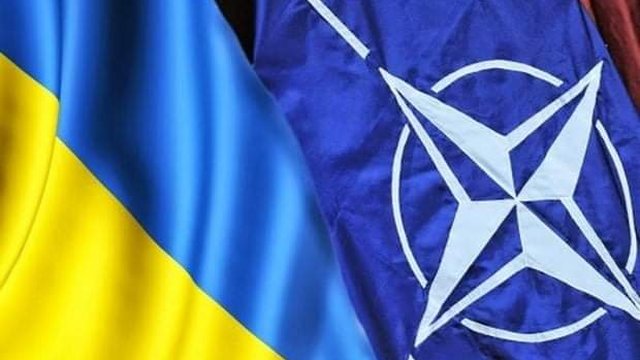Reps of European, US universities disagree that Ukraine's membership in NATO to provoke conflict with Russia – open letter

A number of representatives, including scientists and university leadership in the United States, Canada and several European countries, have issued an open letter in which they disagree with the idea that Ukraine's accession to NATO will allegedly provoke a conflict with Russia and insist that the escalation is facilitated by impunity for Russian war crimes in Ukraine and other countries.
"The focus on Russia’s alleged 'NATO expansion anxiety,' and attempts to appease it, ignore Russia’s genocidal propaganda and systematic war crimes in occupied territory of Ukraine, including massacres, mass rape and torture. Russia’s actions demonstrate a clear intent to destroy Ukraine as a nation, rather than to alleviate its own security concerns. The idea that extending security guarantees to Ukraine would further incentivize Russia’s brutal prosecution of this war is unfounded, since Russia is fully determined to destroy Ukraine and needs no additional motivation to do so," according to the text of an open letter published by the British publication The Guardian on July 27.
The arguments against Ukraine’s NATO membership, which have been proffered repeatedly since Russia’s attack on Ukraine began in 2014, ultimately reiterate the same concern: that any step, however small, would be seen as threatening Russia’s security, and would therefore provoke greater conflict. In reality, Russia’s calm acceptance of Finland and Sweden, two of its neighbors who joined NATO in 2022, has put the lie to the claim that Russia is on a hair trigger about NATO drawing any closer.
"It is time to acknowledge that Russia opposes Ukraine’s NATO membership only because it would obstruct Russia’s continued aggression against that country... It is a fact that Russia has not attacked a single NATO member. Instead, it has threatened, invaded and occupied non-member countries: Georgia, Moldova and now Ukraine. The territorial boundary between NATO and non-NATO countries has so far proved the only red line that Russia has (however warily) respected, even as it breaks numerous other international treaties and agreements. Russia’s resurrected imperialist militarism can only be contained by the existence of a much stronger military alliance," the document notes.
Assuming that appeasing Russia’s demands will resolve the war, or somehow de-escalate it, is naive. Impunity for Russia’s war crimes in Syria, Georgia and Ukraine has only emboldened the Kremlin. The question of Russia’s escalation is thus not “if”, but “how far?” How far will its escalation be allowed to go before democracies muster the political backbone to halt it?
"Inviting Ukraine to join NATO would mark a definitive step away from the politics of appeasement and back to the rule of international law and protection of human rights. A decision to extend security guarantees to Ukraine would not only safeguard the Ukrainian state, via the only means yet shown to be successful, but would also reassert NATO and the western democracies as effective political agents on the world stage," the document stressed.
Earlier, on July 9, The Guardian published an open letter from other experts and university representatives from different countries calling for Ukraine not to join NATO, since this would allegedly not deter Russia from invading Ukraine again and that promises of Euro-Atlantic integration of Ukraine would allegedly only further encourage Russia to fight. The signatories expressed their conviction that the challenges posed by Russia could be dealt with without Ukraine joining NATO.








